Headache is one of the most common types of pain that we witness very frequently. It is also one of the most commonly ignored body pains. Despite witnessing a headache very frequently in our lives, most of us know very little about the pain. Every time we feel a little uncomfortable with the pain in our head, we go for a pain killer without trying to know the cause behind it. But is that the right way to go about it? Absolutely not. It might come to you as a shock, but there are tens of different kinds of headaches, and each of them has a different reason and different treatment.
What are the common causes behind a headache? Stress, work overload, sleeplessness, tiredness, migraine, excessive screen time, medicine reaction, viral fever, etc. In a nutshell, there could be any of the hundreds of possible reasons behind a headache, and we seldom try to find the exact cause before swallowing the pain killer. This article aims to clear the doubts related to headaches and bring in more clarity about their types and causes.
Here are some primary types of headaches:
Cluster Headaches:
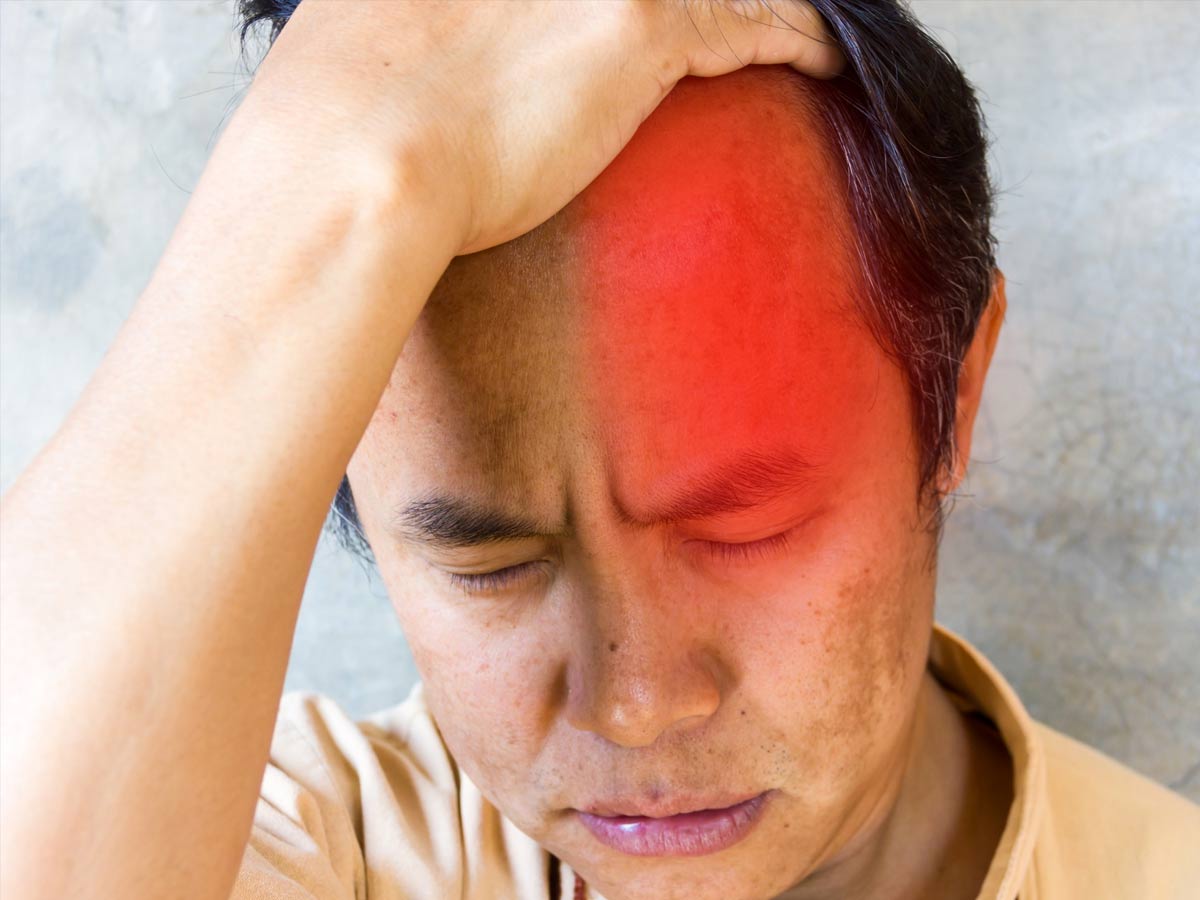
Cluster Headaches are those where you feel a burning sensation along with a penetrating pain in your head. This type of pain is mainly felt behind one eye or one portion of the face. In severe cases, the pain may also accompany swelling, redness, and sweating. In some cases, it may also cause nasal congestion. The pain may last anywhere between 15 minutes to 3 hours. Some people may witness this kind of pain several times in a month or a year.
There’s no exact reason behind this kind of pain. Still, it can be treated using oxygen therapy or by taking a local anesthetic. If the pain reappears frequently, your doctor may also recommend corticosteroids, melatonin, topiramate, and calcium channel blockers.
Migraine:

Migraine is one of the most common and stubborn types of headaches. It involves intense pain along with a pulsating sensation deep within the head. The pain can last for several days and reappear very frequently. Migraine is not normal head pain, and it may affect your day-to-day routine. Some people encounter migraines very frequently, and the pain may come back as soon as they are exposed to loud music or long screen hours. In some cases, the pain may also accompany vomiting. Flashing lights, zigzag lines, or reading small handwriting can also trigger a migraine.
Doctors generally prescribe triptans for migraine patients. The patients are strictly advised against skipping meals. Triptans come in the form of nasal sprays and pills. For instant relief, they may also be given through injection.
Also Read, Struggling With Lower Back Pain? Try These 6 Core Exercises
Sinus Headaches:
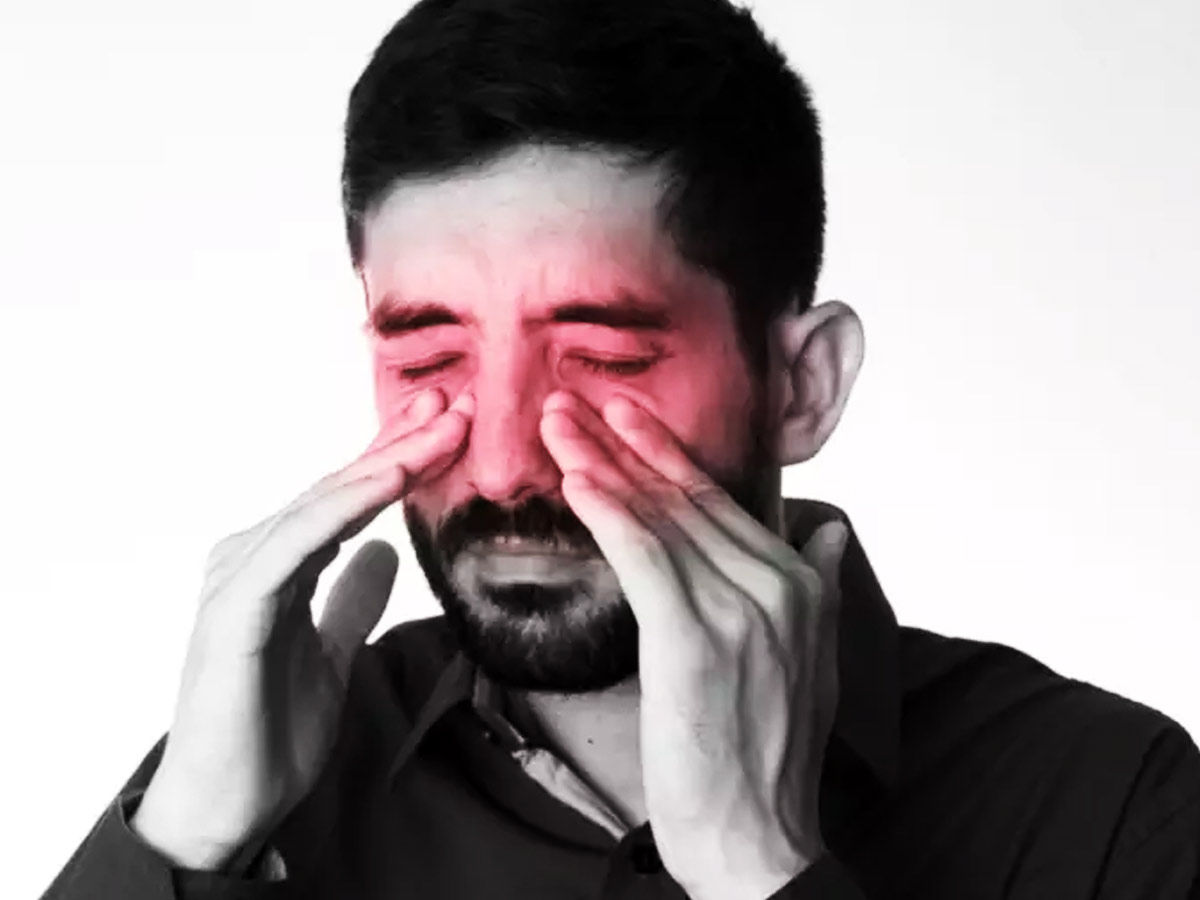
Headaches may also be caused as a result of some allergies. The pain caused as a result of allergy is mainly felt in the sinus area of the head and is known as sinus headache. People having chronic seasonal allergies or sinusitis are most likely to get affected by sinus headaches. However, the occurrence is very rare in comparison to migraines. The pain is a result of sinus pressure which is a result of mucus buildup.
Sinus headaches are treated by thinning out the mucus buildup. This is done using nasal sprays, OTC decongestants such as phenylephrine or antihistamines.
Hormone Headaches:
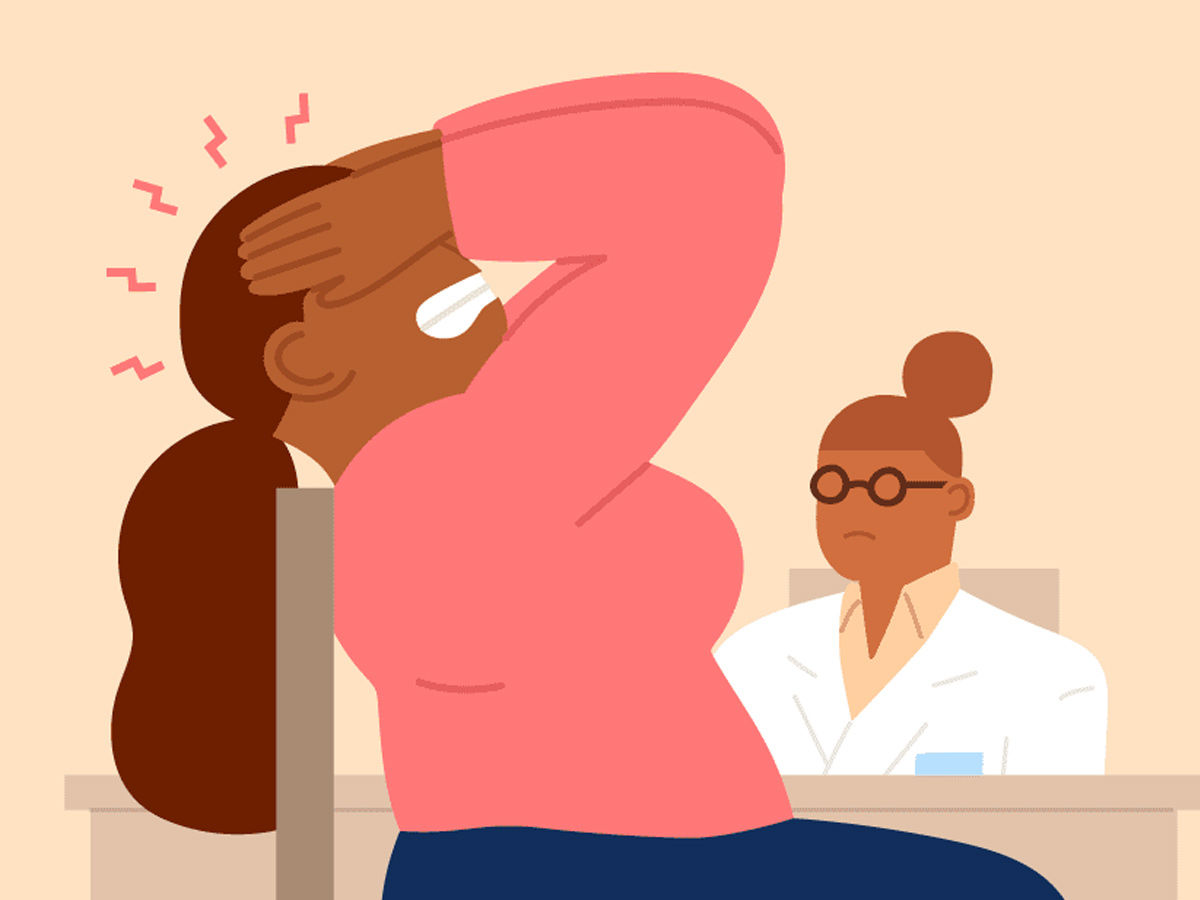
Headaches caused due to hormonal fluctuations are called hormone headaches. This type of headache is mainly encountered by women. Hormone headaches may be a reaction to consumption of menstruation, birth control pills, and pregnancy. The estrogen levels in the body are affected due to all these conditions, which causes the pain. Women may also encounter this kind of pain during ovulation. Doctors commonly prescribe frovatriptan or pain relievers like naproxen for the treatment.
Caffeine Headaches:
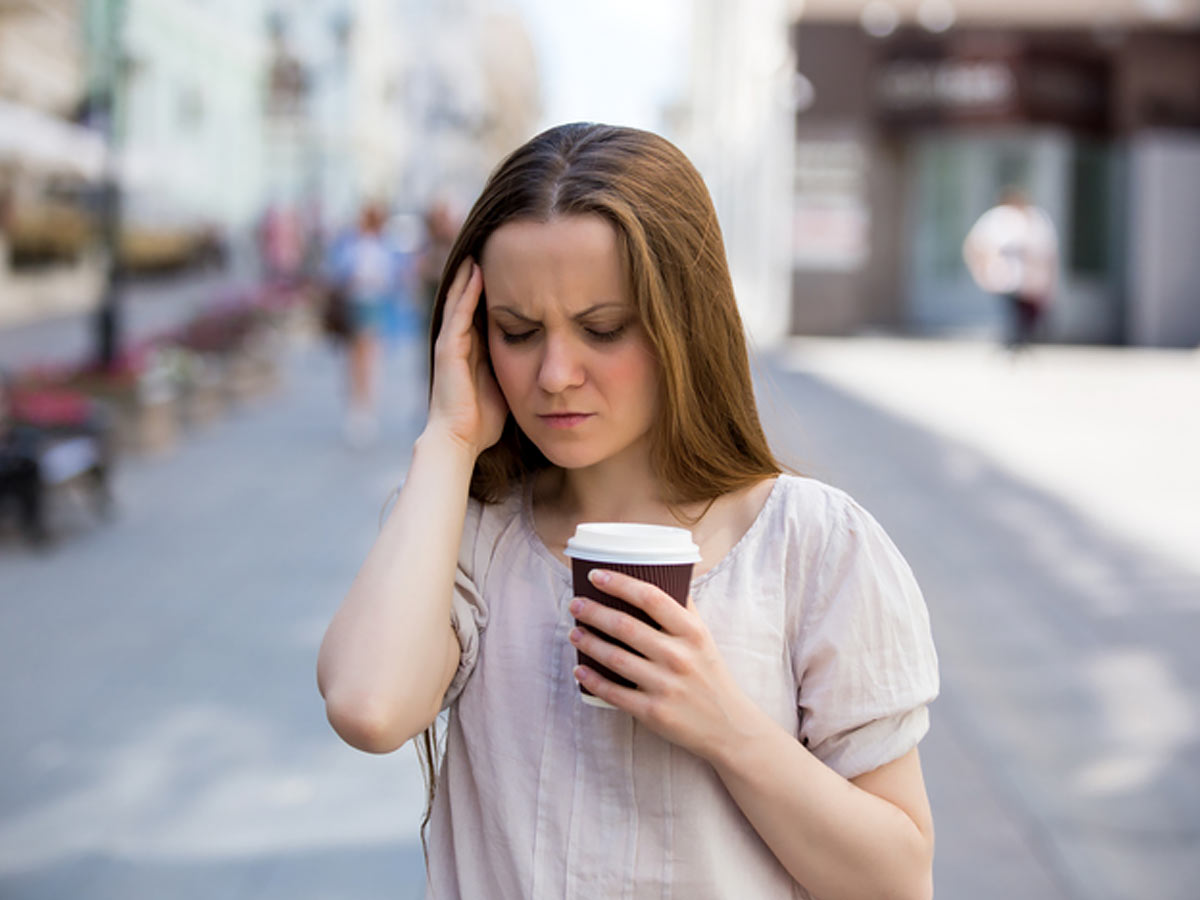
A lot of people think that coffee is one of the most beneficial beverages. It is, but like many other beverages, it also contains caffeine, and anything that contains caffeine can affect the blood flow to the brain. Those addicted to beverages like coffee are at higher risk of encountering caffeine headaches—the risk increases for those having a migraine. And no, quitting caffeine completely is not the solution as it also may cause headaches.
The key is to go step by step. Even if cutting caffeine consumption helps, do it slowly. Cut down caffeine consumption level moderately before saying goodbye to it. Medication is only required in severe cases.
Tension Headaches:
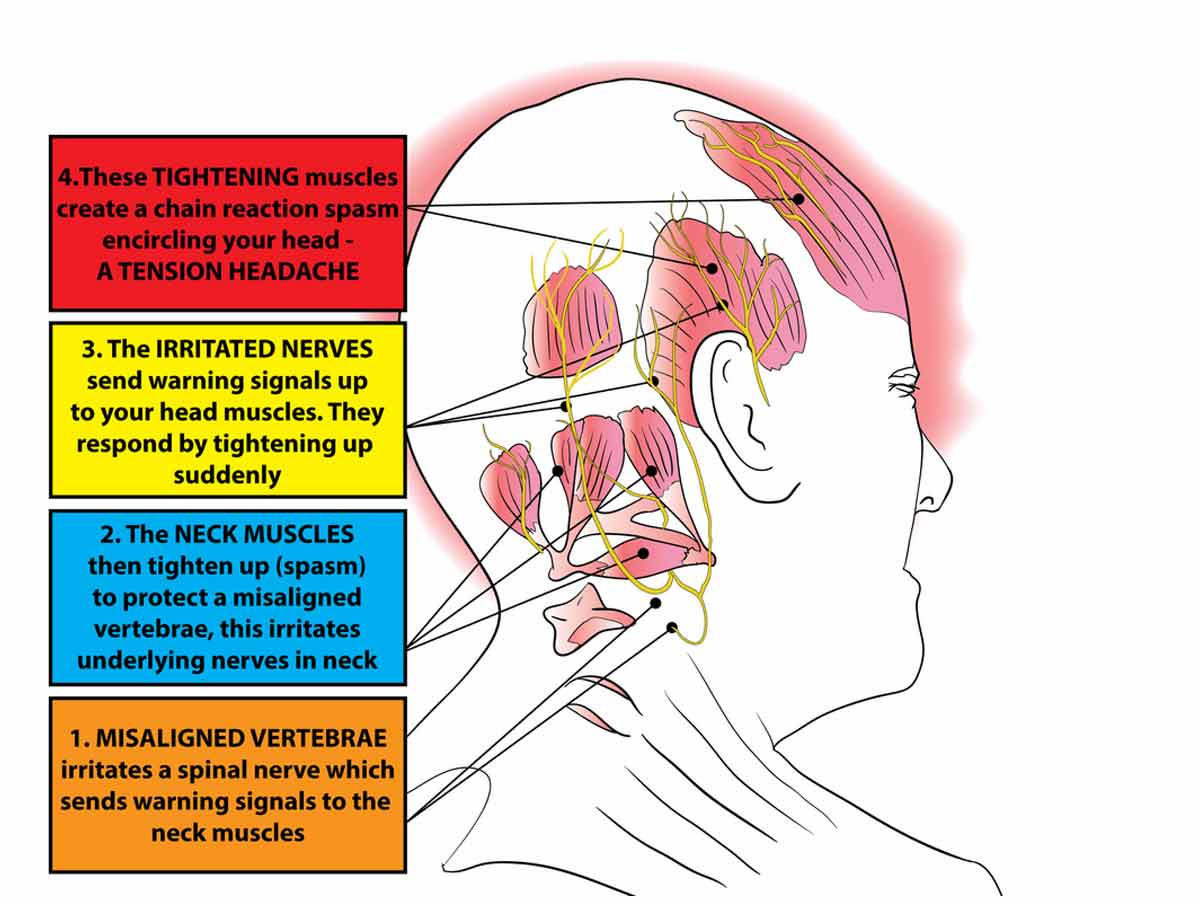
Stress and Tension can cause several other diseases, and headache is the most common of them. If you feel heavy in your head and don’t feel like doing anything, it might be a tension headache. The pain isn’t limited to the head, and it can travel to the neck and even shoulder muscles. Anyone can encounter this kind of headache, and stress is the main reason behind its occurrence. The best way to keep this kind of headache at bay is by doing meditation and avoiding unnecessary stress.
Some common medications that doctors prescribe for the problem include aspirin, naproxen, acetaminophen, and ibuprofen.

























